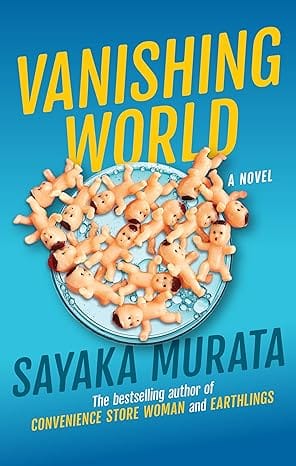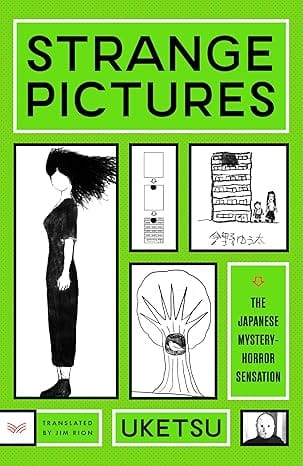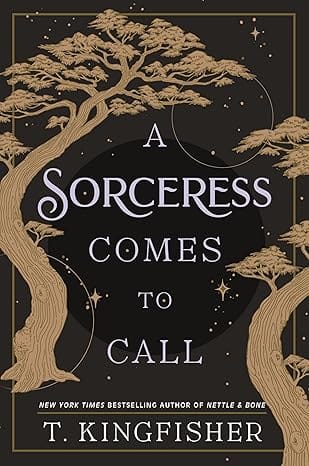Vanishing World

Sayaka Murata has a talent for looking through a unique lens at parts of our world that seem everyday, mundane, and which most of us take for granted. Vanishing World is no exception. Here, Murata challenges many of the norms we hold around relationships, childbirth, parenting, family, sex, and love.
Vanishing World imagines a society where, following World War II, Japan invested enormous money improving technology associated with pregnancy and birth. The loss of male lives in the war meant that, for Japan's birth rate to remain sustainable, artificial forms of conception, gestation, and delivery needed to become commonplace. Set in roughly present-day, Amane, the protagonist, is working through questions about her future, like any young adult. Will there be marriage? Children? What will her career look like?
Amane carries a secret shame: She was conceived through her parents having sex with one another. This is a rarity in her generation and the idea of someone copulating with their spouse is very strange and even moreso if it is done with the intent to reproduce. After all, the artifical means are so much simpler, cleaner, and involve much less interpersonal complication.
This is our first glimpse into how Amane's world is different from ours and it prompted some curious reflection in this reader. As the book progresses, Murata takes these ideas further and further until, by the end, Amane and the reader find themselves in a very strange, uncomfortable, challenging place indeed.
Murata writes in Japanese, so the English version is a translation and bears some of the characteristics of translated work. I can't judge the quality of this translation, but worth knowing that, with dialogue in particular, it doesn't read the way a native English-speaker's writing might. It is also worth noting that if the reader has discomfort with themes relating to sex, childbirth, or complex familial relationships, it would be worth checking a list of trigger warnings before diving into this book.
Because Vanishing World is so strange and so off-putting, it is hard to say that I enjoyed this book, but I am glad for having read it. I've been thinking about it consistently since reading it and the light it shines on many of our commonly-held ideas about sex, reproduction, and families. I think this is especially valuable in a world where genocide, conspiracy theories about "racial replacement", and the value of human life under capitalism are front page news almost every day. This is a book definitely worth reading, provided you're up for a challenging, strange, haunting experience.





